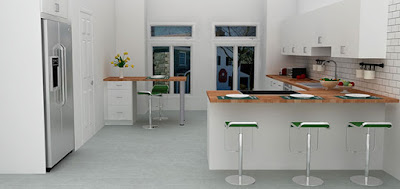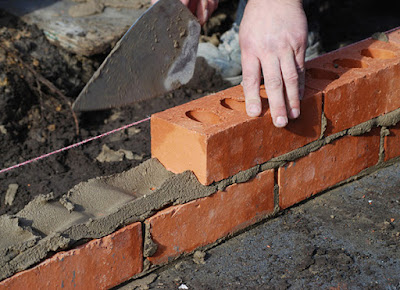A list of building materials are required before you start your construction project whether it is home, industrial or for commercial purpose. The basic construction materials list includes cement, steel, sand, ready mix concrete, binding wires, coarse aggregates, fine aggregates, bricks, blocks etc. Any material used in building construction has to be selected carefully to ensure safety and long lasting life of the building.
All the building construction materials come in different grades, sizes and brands which are used for different purposes in construction based on their functionality and strength.
The construction materials list and their uses are listed below:
Cement:
Cement is a material that sets, hardens and can bind together all other building materials. The different grades of cement are 53 grade cement, 43 grade cement, PPC cement, PSC cement, etc. All these different grades of cement are manufactured by a number of brands in India. Some well-known cement brands in India are zuari, ACC cement, birla super cement, ramco, Ultratech cement, Dalmia etc.
Cement in Bangalore is available from Rs 330 Per bag – Rs 425 Per bag.
TMT Steel:
TMT stands for Thermo-Mechanical Treatment which is a metallurgical process to produce high strength steel bars from low carbon steel. It plays an important role in giving structure to a construction project.
TMT steel comes in Fe 500 grade, Fe 500 D grade and Fe 550 grade which signifies the strength of the steel in ascending order as mentioned here. Some famous Steel brands in India are Tata Tiscon, Kamdhenu, Jindal Panther, Aone Steel, Bhuwalka, Primegold, Sail, and Indus etc.
TMT prices start from Rs 34000 per ton – Rs 45,000 per ton.
Sand / Fine Aggregates:
There are two types of sand available in India; River sand and Manufactured river (Also known as Robosand).
River sand is extracted from river bed and manufactured sand is made artificially. The manufactured sand also well-known as the M-sand is gaining popularity due to the recommendation from the government and its fineness and dust free quality and also due to the fact that river sand is scarce in nature and is unavailable and costly. Besto, Thriveni, Robo silicon, Espee etc. are a few known brands manufacturing M-sand.
Msand starts from Rs 800 Per ton – Rs 1800 per ton depending on the quality and purpose.
Ready mix concrete:
Ready mix concrete is readily available concrete as it is manufactured in a factory and directly delivered at the construction site. It is preferred over the on-site concrete mixing use to the precise mixture and reduced work at site.
Based on its functionality and use RMC is categorized into M-20, M-25, M-30, M-35 etc.
Binding wires:
Binding wires as the name suggests is used to bind the TMT Steel bars and help in providing proper structure to the construction due to the stability of the TMT Steel Bars.
Coarse Aggregates:
Fine aggregates consist of River sand, M-sand or the Slag sand used for construction. Coarse aggregates are the fillers in concrete mixes. It is offered in 6mm, 12mm, 20mm and 40mm sizes in India. Coarse aggregates is also recognized as blue metal, jelly and crushed stone. The purpose of the coarse aggregate is to act as the main load-bearing ingredient of the concrete.
Coarse aggregates start from Rs 650 per ton to Rs 900 per ton depending upon the quality.
Bricks/Blocks:
Bricks and Blocks are used for building walls. They come in different shapes, sizes and strength based on different construction requirements. High strength bricks and blocks are mainly used for load bearing walls as they have the capacity to withstand the pressure due to the load.
Clay bricks start from Rs 5.5 per bricks and concrete block start from Rs 30 per block in Bangalore. Check concrete block brands and their prices here.
You can now buy all the building materials online in a single package and save time and money-Visit www.materialtree.com






